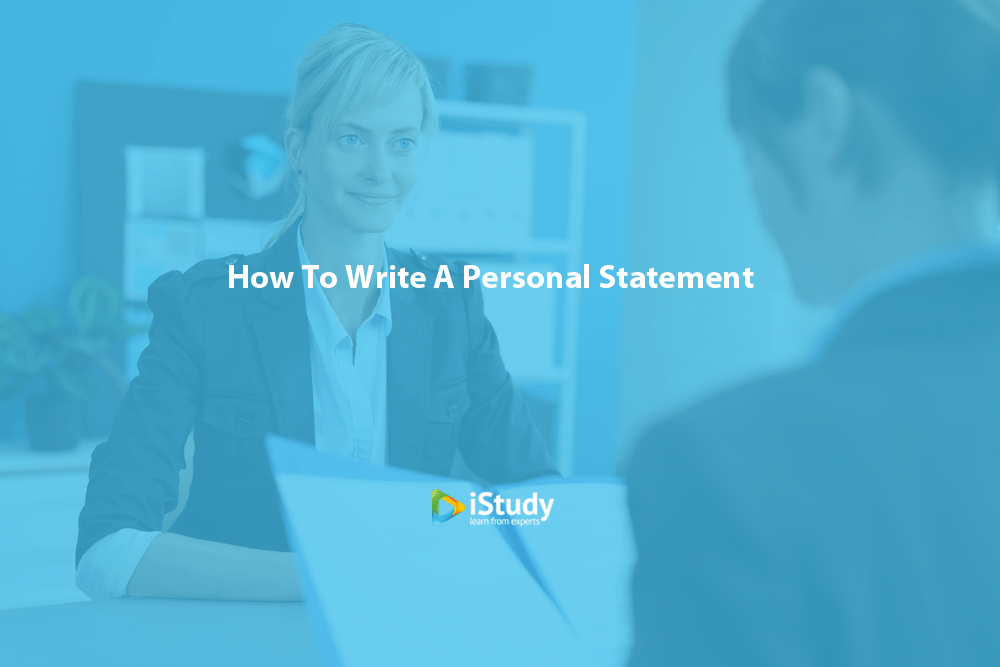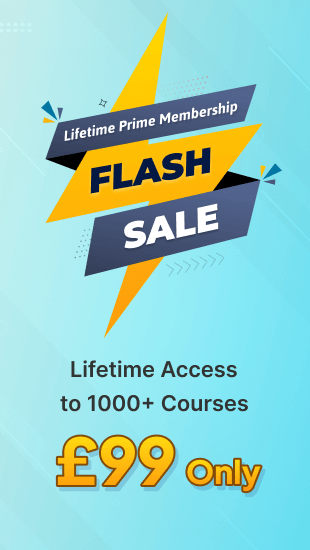
 Not sure what to include in your personal statement?
Not sure what to include in your personal statement?
Although a personal statement can have many uses (whether it’s for university or for your CV), its purpose is always based around selling yourself to the reader. Not only do you have to summarize your skills and experience, you also have to make sure it’s relevant to what you’re applying for.
So how can you help yours stand out? To make sure you’re doing it right, here are our top tips to consider when writing your personal statement for your CV:
What is a personal statement?
A personal statement is generally the first thing included in your CV and is a brief personal summary given to prospective employers to help you stand apart from the competition.
You will also need a personal statement for university applications. However, this will be much more detailed – and try and help you gain a place at uni.
Personal statements for university
Why do I need a personal statement?
Your personal statement is one of the most important parts of your CV.
It gives you a chance to sell yourself to the employer in a small and easy-to-digest paragraph. By summing up the specific skills and experience that make you perfect for the position, you’ll be able to prove your suitability and convince the recruiter to read on.
In fact, a well-written personal statement can mean the difference between standing out from the crowd and your application being rejected.
How long should a personal statement be?
Ideally, your personal statement should be no more than around 150 words (or four or five lines of your CV). Any more than this and you run the risk of rambling and taking up valuable space.
Remember: it’s a summary, not a cover letter. So keep it concise, pertinent and to the point.
Try reading our personal statement examples to help you get started.
What do you put in a personal statement?
Successful personal statements answer the following questions:
- Who are you?
- What can you offer?
- What are your career goals?
To make sure you’ve ticked all the boxes, consider bullet-pointing answers to these when drafting your personal statement. And, if you’re struggling for inspiration, use the job description to help you identify the specific skills the employer is looking for.
For example, if it highlights that the perfect candidate will have excellent business analysis skills, make sure you cover this somewhere in your statement.
This could sound something like: ‘Working experience of strategic business analysis with an investigative and methodical approach to problem-solving.’
Personal statement: Dos and don’ts
How do you begin a personal statement?
Starting off with the ‘who are you?’ question, always aim to include a quick introduction as the first point.
An example opening for your personal statement could be: ‘A qualified and enthusiastic X, with over Y years’ worth of experience, currently searching for a Z position to utilize my skills and take the next step in my career’.
What tense should it be written in?
Your personal statement can be written in any person or tense – as long as you maintain consistency throughout.
This means avoiding statements like: ‘I am a recent business economics graduate. Excellent analytical and organisational skills. I am a driven and self-motivated individual that always gives 100% in everything I do. Proven track record of successes’ – at all costs.
Diploma in Graphics Design
👉 1 - to - 1 Mentoring
👉 Full Tutor Support
👉 8 Interactive Live Classes
👉 Chance to Win Chromebook
👉 3 CPD Accredited Course Free
Diploma in Graphics Design
👉 1 - to - 1 Mentoring
👉 Full Tutor Support
👉 8 Interactive Live Classes
👉 Chance to Win Chromebook
👉 3 CPD Accredited Course Free
How long should I spend writing my personal statement?
A personal statement isn’t a one-size-fits-all document.
In other words, a new one should be written for each application you send off. Although it might take some time to alter it according to each job role, your effort will make all the difference when it comes to impressing an employer.
After all, each job requires a slightly different set of skills and experience – meaning the level of focus you put on your abilities will change from application to application.
Remember: generic personal statements won’t get you anywhere – and sending off five well-written and tailored CVs has more value than sending out fifty generic ones.
Personal statement example
A recent business economics graduate with a 2:1 honours degree from the University of X, looking to secure a Graduate Commercial Analyst position or similar to utilize my current analytical skills and knowledge, and also help me to further develop these skills in a practical and fast-paced environment.
My eventual career goal is to assume responsibility for the analysis and implementation of all commercial data and actively contribute to the overall success of any business I work for.
Read more
- How COVID-19 will change the world: Aftermath of COVID-19
- 5 Smart Things to Do During a Pandemic Such as COVID-19
- Staying Home: Here’s The Good, The Bad & The Boring Things
- A Comprehensive Guide to Become an Office Administrator
- The Best Way To Learn A Language
- How to lose weight in 2020
- Skills You Need to Become a Successful Professional Content Writer
- Top 10 Job Interview Tips to Help You Land Your Dream Role
- 8 Surprising New Year’s Resolution Ideas for Students
- Last Minute Christmas Gift Guide
- Nutrition – The Importance of Health and Wellness Training
- Online learning for a Second Career
- Top Tips For People Returning To Education
- How To Write a CV on leaving School
- How To Write a Personal Statement
- 7 Tips for Your Next Interview
- How To Be Your Own Boss
- All Courses
- Technology64
- Business268
- Language50
- Marketing126
- Photography22
- Software55
- Security Guard2
- Coaching5
- Maintenance Management23
- Bundle6
- Ex Deal54
- Business,Personal Development3
- Networking & Design6
- IT29
- Health & Safety91
- Cooking9
- Physical & Mental Health21
- Treatment9
- Photoshop3
- Child care23
- Parenting1
- Leadership & Management1
- Fast Track210
- Teaching & Education9
- International Relations2
- Philosophy1
- Office Skills2
- Health & Fitness2
- Health and Care17
- Law2
- Animal Care12
- Accounting & Finance6
- IT & Software4
- Management234
- Microsoft Office134
- Design68
- Travel and Tourism8
- Beauty20
- Accounting42
- Employability249
- Sports, Nutrition & Fitness200
- HR and Leadership58
- Personal Development479
- Autism2
- Customer Service6
- Nursing & Care82
- Lifestyle22
- Teacher Training28
- Project management3
- Mathematics7
- Counselling and Therapy52
- Psychology28
- Pharmacy5
- Animal1
- Development10
- Arts & Crafts19



